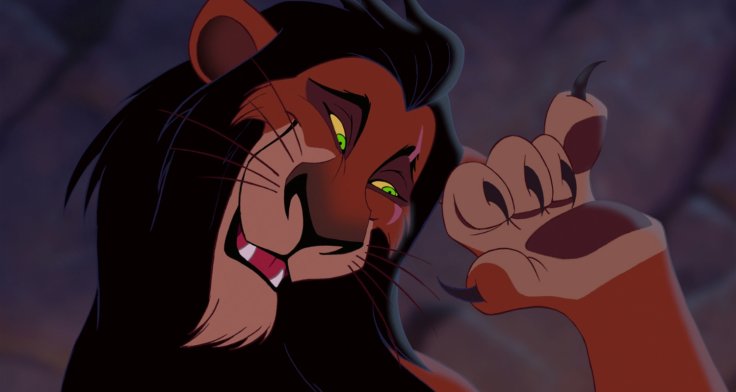Science explains what makes us trust a stranger
We tend to distrust people who look like someone who has betrayed us in the past.

"Could you please keep an eye on my grocery bag?" A simple question, but who would you ask?
Trusting a stranger can be a risky bet so how do we decide who we are going to put our trust in?
According to a study published in the Proceedings of the National Academy of Sciences, we are more likely to trust people who look like someone we have trusted in the past. And we will have a harder time trusting people who look like someone who has betrayed us.
Research teams from Brown and New York University (NYU) wanted to understand how we decide to trust or cooperate with someone upon meeting them for the first time.
The scientists asked 29 volunteers to take part in trust games involving photographs of three men they did not know. The subjects were given $10 and asked to invest the money with the three men. They repeated the pattern 15 times for each photograph.
After the 45 cycles, the participants were told that one player would share almost all the profit from the investment, the second would share about 60% of the money and the third would keep the money for himself.
Based on that information, the volunteers decided that the first man was highly trustworthy, the second somewhat trustworthy and the third man was not to be trusted.
In a second test, the 29 participants were asked to choose partners from among the subjects in 58 photographs. Fifty-four of the pictures had been subtly modified to slightly resemble one of the three men from the first experiment.
Even though the resemblance was not obvious, the volunteers opted to team up with partners who looked like the most trustworthy player in the first game and would consistently avoid those who looked like the man who had kept all the money for himself.
Later on, the team monitored the brain activity of 28 other volunteers undergoing the same tests. The researchers found that the volunteers identified the untrustworthy player as a threat.
"This shows our brains deploy a learning mechanism in which moral information encoded from past experiences guides future choices," said the study's senior author, Elizabeth Phelps, of NUY's Department of Psychology.
Oriel Feldman Hall, the study's lead author, compared the phenomenon to the Pavlov's dog experiment, which is one of the first examples of classical conditioning: we do, expect or feel something because of a past event.
Scientist Ivan Pavlov's dog was conditioned to expect to be fed when it heard a certain bell and would salivate.
Feldman Hall suggested that people use the same type of mechanism when making decisions about someone's morality. Even if we do not know someone, we subconsciously associate their facial features will someone we either trusted or distrusted in the past, and this will influence what we think of them.























